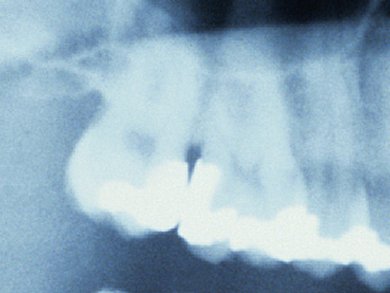Laser-induced breakdown spectroscopy (LIBS) is a relatively non-invasive technique that has demonstrated great utility in the analysis and characterization of a broad variety of cultural objects and bio-archeological samples such as calcified teeth and bones.
However, a new study shows that scientists must be careful of over-interpretation of dietary markers, including aluminium, barium and strontium, in ancient sites as biological degradation and environmental effects can distort the profile of bone samples. Proof of principle was demonstrated on three eras of ancient Egyptian remains.
- Influence of biological degradation and environmental effects on the interpretation of archeological bone samples with laser-induced breakdown spectroscopy,
Mohamed A. Kasem, Richard E. Russo, Mohamed Abdel Harith,
J. Anal. At. Spectrom. 2011.
DOI: 10.1039/C1JA10057B




